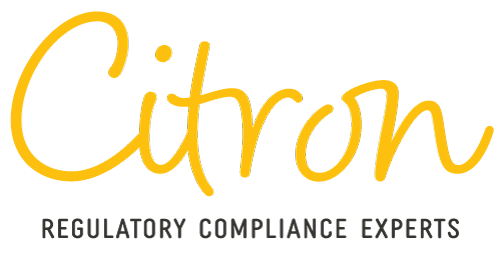Maybe you're making and selling a new skin care or personal care line. Maybe you're selling a cannabis or CBD muscle rub. Regardless of what you're making or selling, you gotta get it registered with the FDA, under the new Modernization of Cosmetic Regulations Act (MoCRA).
FDA isn't just for OTC and pharmaceutical drugs anymore, they are now regulating cosmetics and other personal care items. If your company name or logo is on the products you are selling, you are required to comply, even if you're private labeling!
WHO SHOULD WATCH- Personal Care / Cosmetic Brands
- Own Brand / Private Label Brands
- Cannabis Brands
- Product Lines with Structure / Function / Medical Claims (OTC)



















































